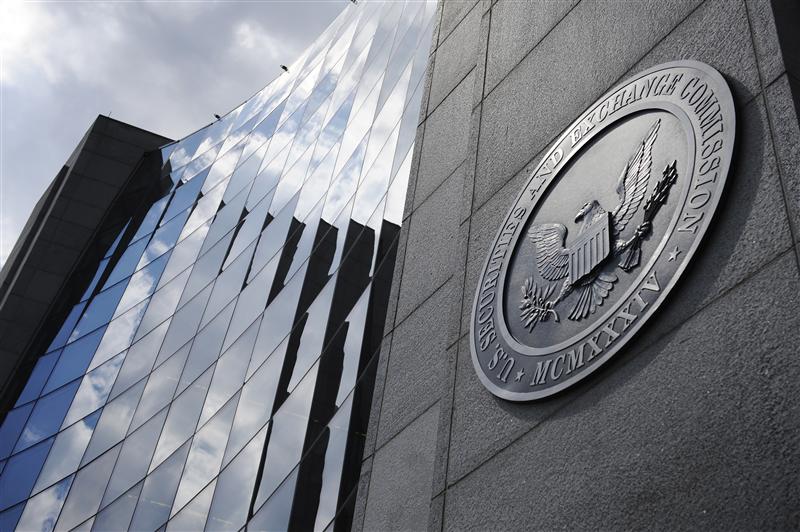Merrill Lynch has settled with the Securities and Exchange Commission and will pay more than $8 million in a case involving improper handling of "pre-released" American Depositary Receipts (ADRs).
Without admitting or denying the SEC's findings, Merrill Lynch agreed to disgorge more than $4.4 million of ill-gotten gains, and pay more than $724,000 in prejudgment interest and a $2.89 million penalty.
(
More:
JPMorgan to pay more than $135 million for improper handling of ADRs)
ADRs are U.S. securities issued by U.S. banks. They represent, and must correspond to, the equivalent number of foreign shares of a foreign company held in custody at the depositary bank issuing the ADRs. The practice of "pre-release" allows ADRs to be issued without the deposit of foreign shares, provided brokers receiving them have an agreement with a depositary bank and the broker or its customer owns the number of foreign shares that corresponds to the number of shares the ADR represents.
The SEC said that Merrill Lynch improperly borrowed pre-released ADRs from other brokers when Merrill Lynch should have known that those brokers – who obtained pre-released ADRs from depositaries – did not own the foreign shares needed to support those ADRs. Such practices resulted in inflating the total number of a foreign issuer's tradeable securities, which resulted in abusive practices like inappropriate short selling and dividend arbitrage that should not have been occurring, the SEC said in a release.
(
More:
Merrill Lynch cross-selling hits the market)
The order against Merrill Lynch found that its policies, procedures and supervision failed to prevent and detect securities laws violations concerning borrowing pre-released ADRs.







